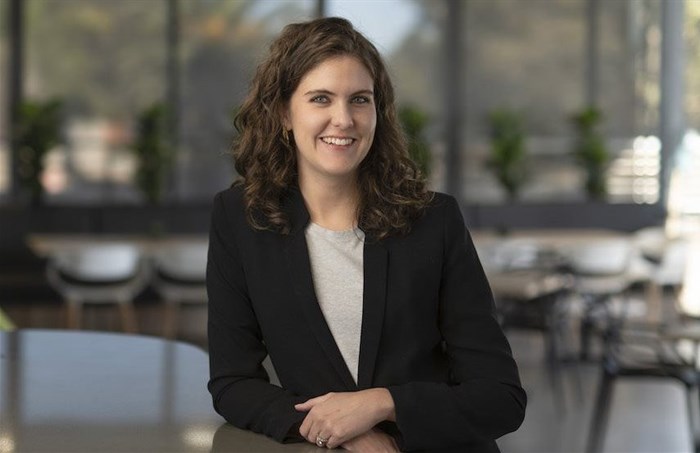
While this public holiday can be viewed as a relaxing spring holiday for many, this day of interest does signify something more important in our society.
Increasingly, there are studies that show how diversity in the workplace — both from an ethnic and gender perspective — strengthens business operations and, thereby, economies.
As just one example, a recent study by global consultancy firm McKinsey, encompassing 15 countries and more than 1,000 large companies, found that the “relationship between diversity on executive teams and the likelihood of financial outperformance has strengthened over time”.
Furthermore, research from the Carson College of Business has also shown that diverse teams are better at making decisions 87% of the time over non-diverse teams.
Embracing diversity is a no-brainer. But in order to spur this on, we need to ensure that more South Africans, from more diverse backgrounds, can enter the workforce and be equipped with the modern knowledge and skills that can help them climb the corporate ladder.
Fortunately, education and technology have come a long way, and distance learning provides a meaningful way to help South Africans, of any background and geographical location, to get ahead within their chosen career with accredited qualifications.
South Africa is filled with energetic, talented young people with potential, and we encourage everyone, from all walks of life, to further their studies. It’s more accessible than ever before to do this as well, and it is precisely this increase in accessibility that will help to drive up even further diversity in our workplaces.
Listed below are four highly accessible educational areas within which you can upskill yourself and enter this new world of work.
The fields of Business Management, Bookkeeping and Accounting, and Human Resources are continuously in demand in our world today as they keep businesses functioning at their optimum. There are many accredited courses that one can study to enter this field, from the likes of the ICB, CIMA and the SABPP.
Technology today underpins every part of our lives and businesses. Therefore, fields such as Software Development, Network Engineering and IT Engineering are high in demand. Here too, you can study towards short certifications or accredited courses — from the likes of Microsoft, CompTIA, Cisco and more — that can get you up-to-speed for this sector. You could pursue a Network Engineering course that would equip you with CompTIA, Cisco and Microsoft certifications, and take just 12 months to complete.
For years, our country has had a severe shortage of artisans, and this field of training provides great opportunities for all South Africans. N1 to N3 certifications in Welding, Boilermaking, Mechanics, Motor Trade and a Fitter and Turner course are good options to consider. For example, an N1 Welding qualification only requires a Grade 9 and can take just 16 months to complete.
Not having a matric can be a barrier to some of the most basic employment levels, and it can also hold you back from entering certain tertiary level courses. However, there is something called the Amended Senior Certificate (ASC) or adult matric. This qualification, which can be completed by anybody over the age of 21, provides an opportunity to continue your education and work journey.
Having unpacked these four areas of study, it’s encouraging to see the practical ways that more South Africans can enter the world of work.
Thanks to the accessibility of distance learning and technology, this way of upskilling and learning is becoming a liberating force no matter your heritage, background or geographical location.
And by being accessible to more South Africans, this way of learning will also play its part in contributing towards greater diversity and strength in our workforce and society.